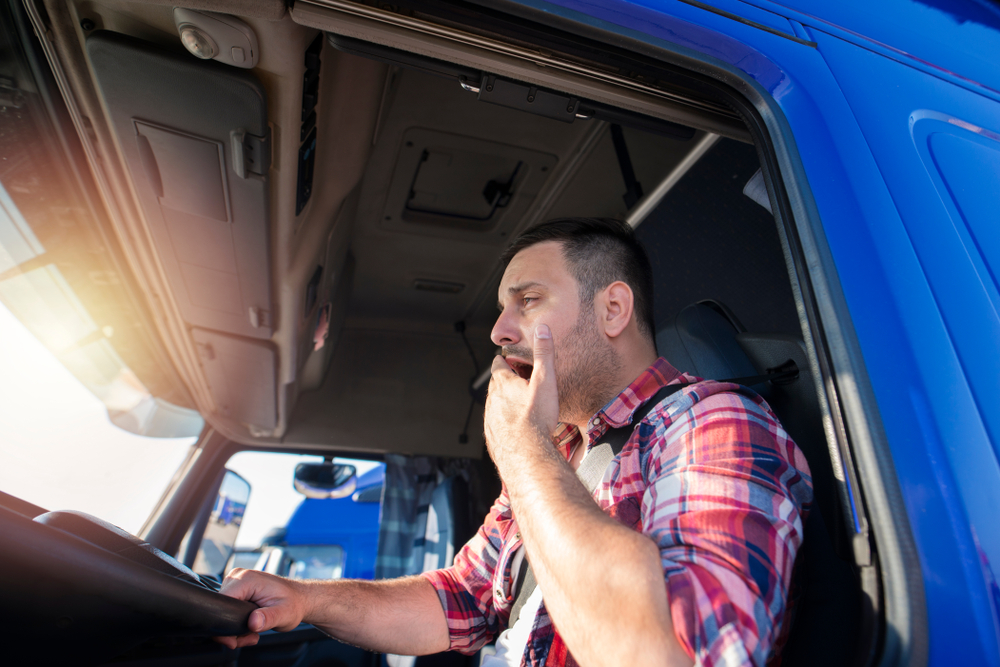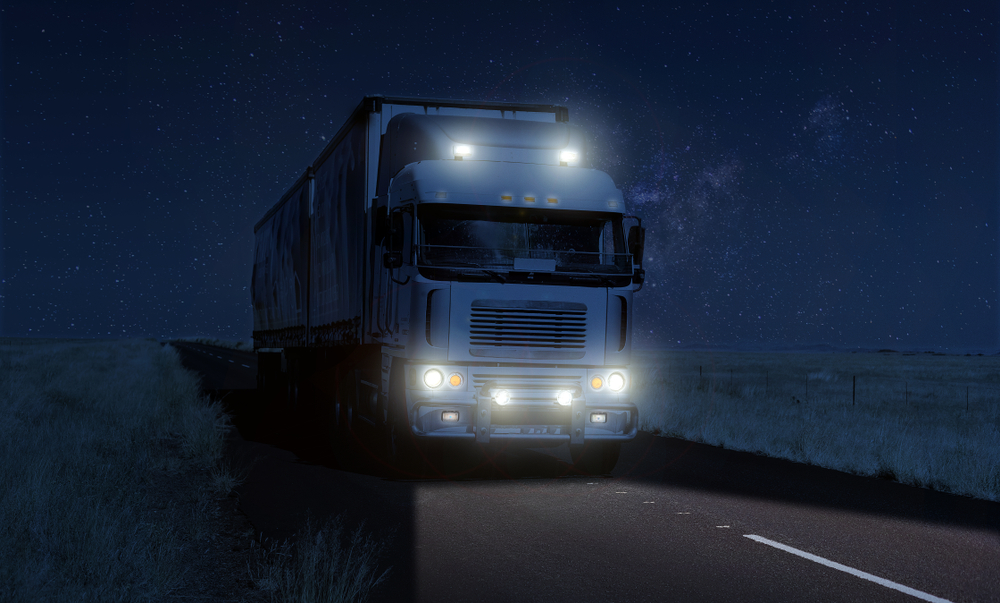If you’re night driving you’ll know there are challenges you don’t get so much in the day time, every time you jump in the cab. Here are some safe driving tips.
Check your truck, especially your lights for night driving
Firstly, make sure your truck is in good working order pay attention to condition of your lights – we can help wash your truck, of couse. Headlights, taillights, any on the curtains or sides, clean and replace any bulbs that are gone. Keep an eye on the tyre pressure on all of your tyres and regularly check the treads, not just when the warrant’s due.
Get enough rest. Make sure you get a decent sleep the night before your shift if you can. If you’ve had a late night or interrupted sleep, remember to pull over if you feel drowsy on the road.
Take breaks every couple of hours. Get out of your cab if possible and walk around. Drink plenty of water. If you’re yawning or finding it hard to concentrate, take that as a sign to pull over for a short nap. Set your phone for 20 minutes.

Scan the road ahead and your mirrors for potential hazards, especially animals as many become more active at night and can become frozen in your lights. You’ll know not to swerve to avoid them. Keep aware of your blind spots when changing lanes.
Slow down before corners or sharp turns and equally drive slower when the weather is bad, like rain, snow, sleet or fog.

Use your high beams on open, unlit roads when no other vehicles are present and dim them when approaching or following other vehicles.
How to avoid distractions
It is against the law to text while driving. So use hands-free Bluetooth options for calls or voice recognition for texts. Or pull over if you need to change channels on the radio. Try not to eat while driving and pull over to enjoy your coffee.
Plan the way you’ll go ahead of time if there are changes to your normal route. New hazards, road closures or bad weather so you can avoid using GPS while you’re driving.
And, lastly, you never know what you’ll come across when driving at night. Have some supplies in case of emergency, like a torch, extra food and drink and a first aid kit.

